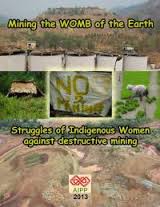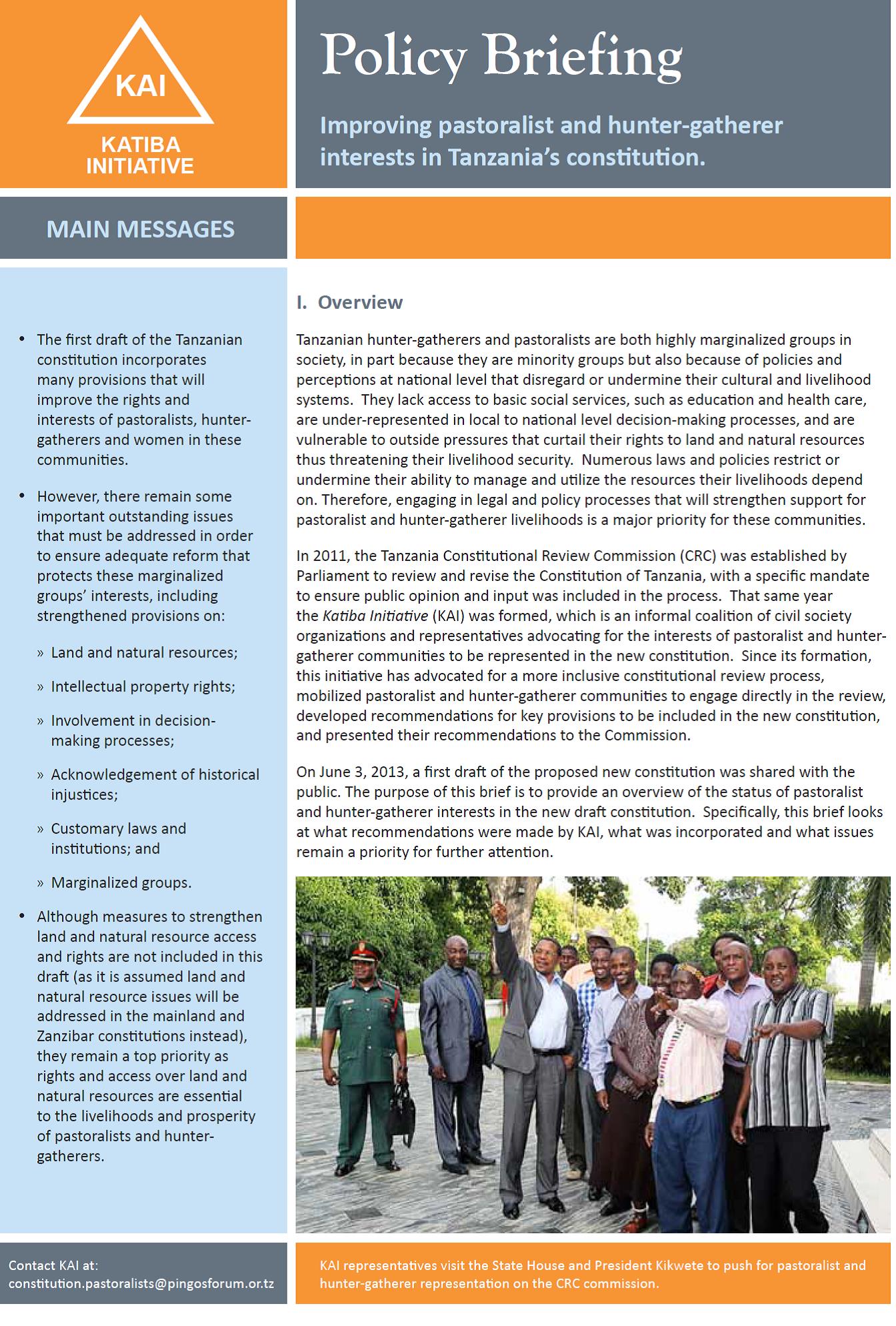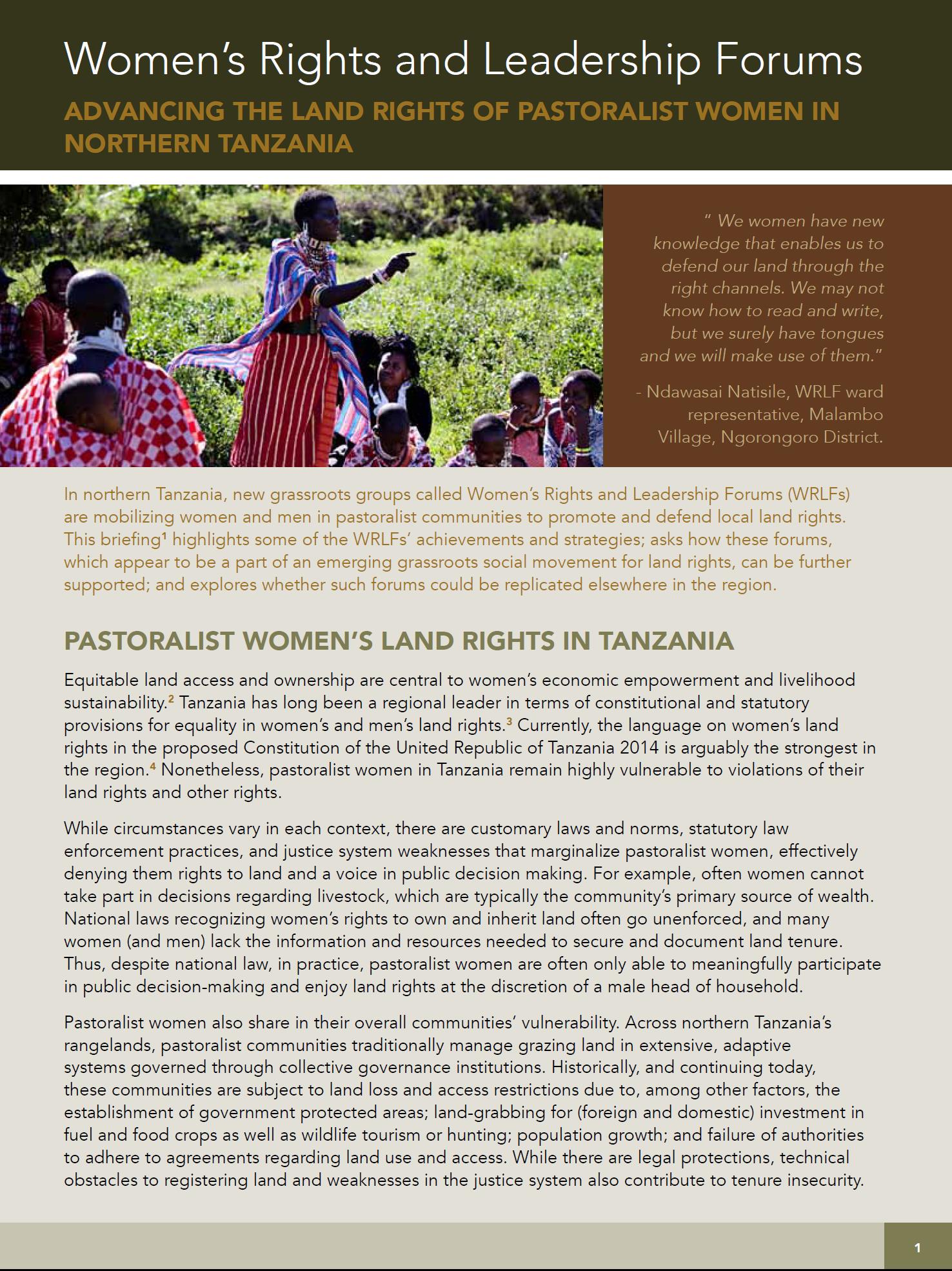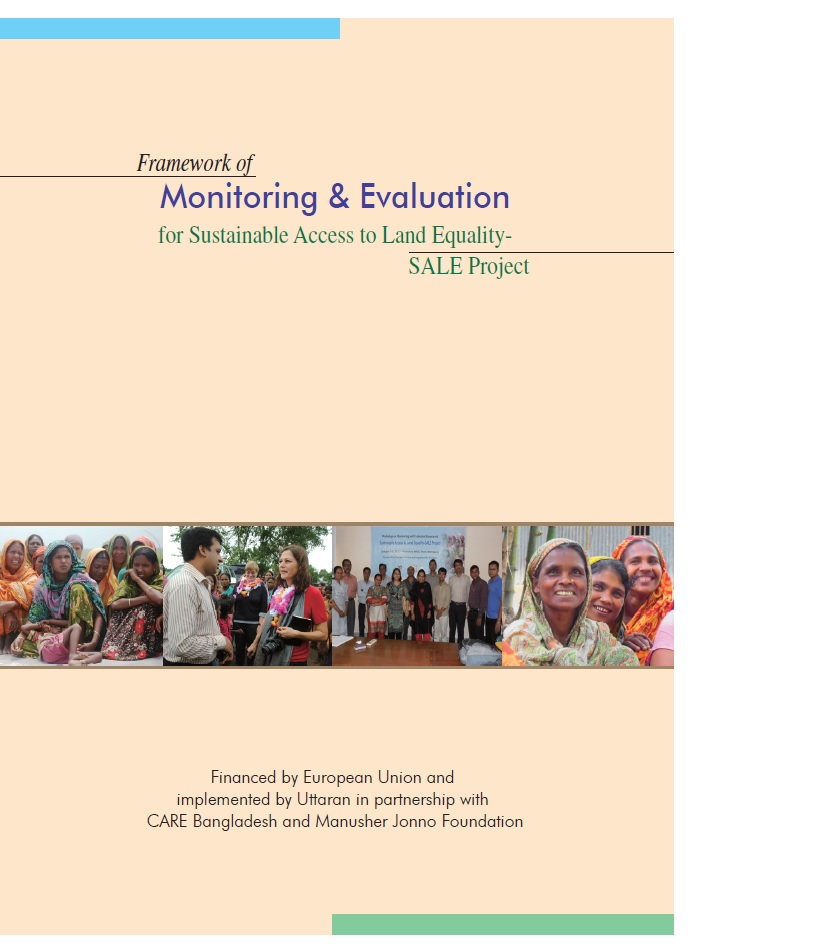Securing Africa’s land for shared prosperity: A program to scale up reforms and investments
Few development challenges in Africa are as pressing and controversial as land ownership and its persistent gap between rich and poor communities. With a profound demographic shift in Africa from rural areas to the cities where half of all Africans will live by 2050, these gaps will become steadily more pronounced as governments and communities rise to the challenge of growing enough aff ordable nutritious food for all families to thrive on the continent. In some countries in the region, these gaps—allied as they are with high






